MM4-a: Genre: What kind of image is it?
One of the first things you’ll want to do when analyzing a static (or still) image is to determine what kind of image it is. Certain types of images do certain work and should be used for specific purposes. Consider the images in the chart below. The genre of each example is given along with a common use for each type of image.
Think about an image you see every day—perhaps a billboard or subway map you see on your way to work or class. What type of image is it? What does it mean to you? How might it work differently—or not work at all—if it were a different type of image?
Take a look at Figure 4-1, an image included in a set of instructions for applying women’s hair dye. The image is a sketch, meant to represent any woman who might use the hair dye. If a photograph of a particular woman were used instead, viewers who look nothing like her might not be able to relate to her. But by using a sketch with generic features, the manufacturers are inviting all prospective users to imagine themselves following the instructions and using the hair dye carefully.
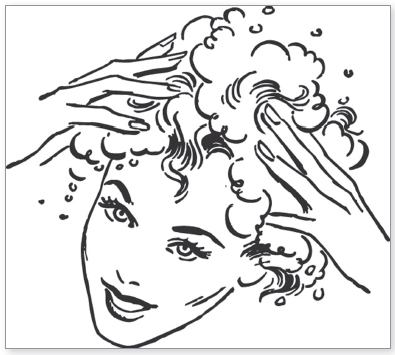
Genre: What kind of image is it?
Photograph
| Photographs can be used to represent specific places, people, or things. |

© Straga/Shutterstock.com
|
Sketch
| Sketches provide an artistic rendering of places, people, or things. |
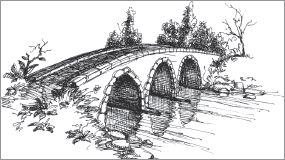
© Danussa/Shutterstock.com
|
Map
| Maps show specific locations or routes to locations. |
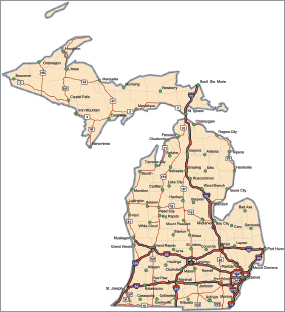
© Jami Garrison/istockphoto.com
|
Clip art
| Clip art can provide generic representations of places, people, or things. |
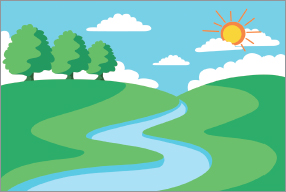
© Sapik/Shutterstock.com
|
Chart
| Charts provide data in a format that is easy to read at a glance. |
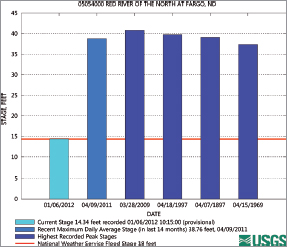
Courtesy of the US Geological Survey
|
Diagram
| Diagrams can be used to represent parts or functions of an object or a process that are not usually visible. |
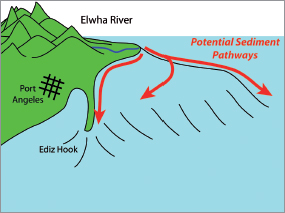
Courtesy of the US Geological Survey. Duda, J. J., Warrick, J. A., and Magirl, C. S., 2011, Elwha River dam removal—Rebirth of a river: US Geological Survey Fact Sheet 2011-3097, 4 p. Illustrator: Jonathan A. Warrick.
|